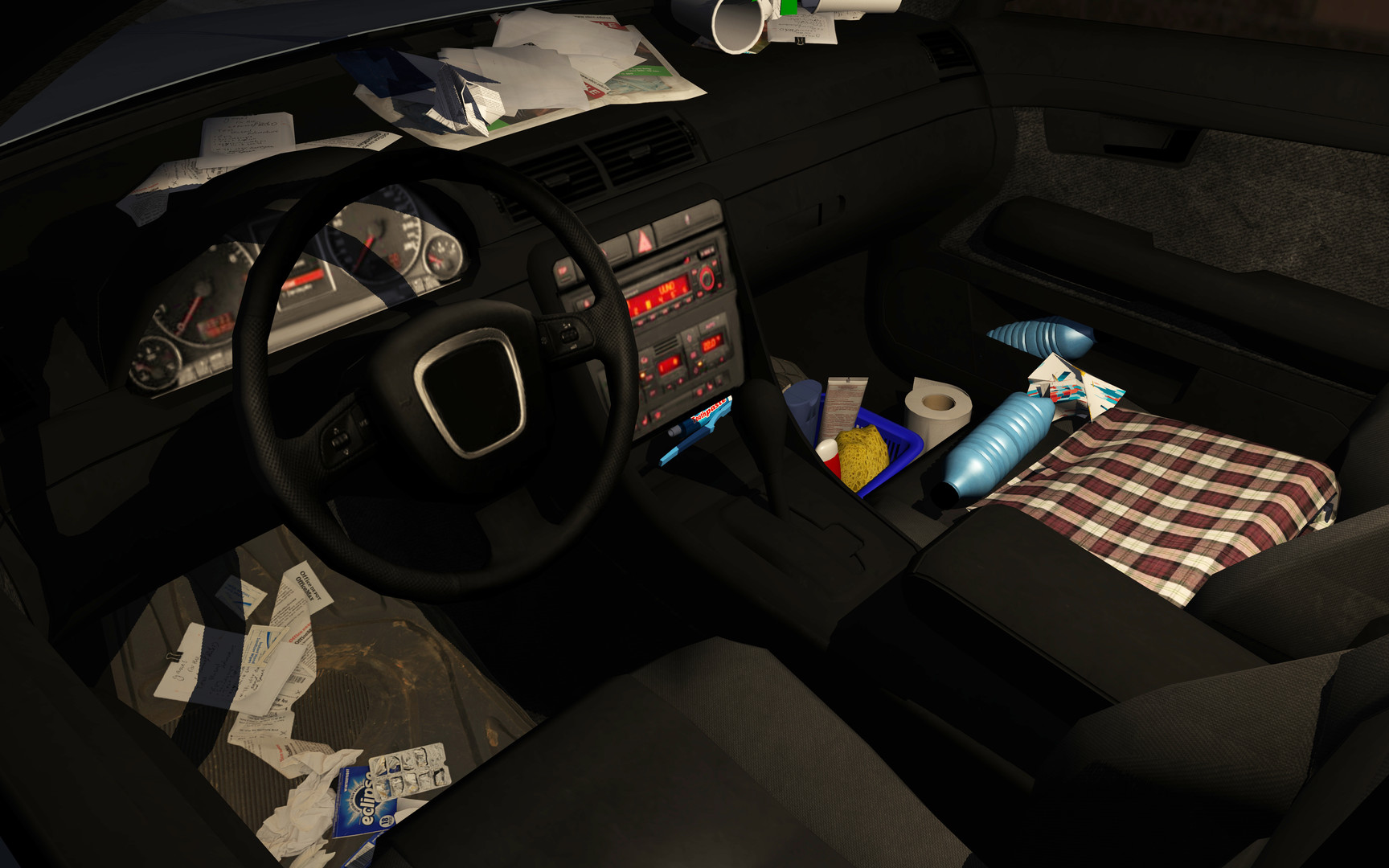
As technology become more and more advanced in all aspects of life, regardless through social media or mobile messaging, it is now easier than ever to connect with someone.
As technology brings us closer than ever before, researchers argue that technology also robs us from important human interaction qualities, such as empathy and compassion.
As we receive messages from our fellow students, classmates, or colleagues, it is easy to settle with what we see in black and white. Yet, there's a whole aspect of being human that can never be replaced by Instagram, Facebook, or Whatsapp.
It's never the same to be able to look someone directly in the eyes, or to hear the tone of their voice. This is something that can never be replaced with flat 2D screen filled with emoji icons, emails, or text messages.
Researchers argue we risk of losing our ability to truly understand each other, a phenomenon researchers calls "empathy gap". This increasingly digitalized virtual world is long known to increase that "gap", yet recent virtual reality research experiments suggest that VR technology may actually help to shorten that gap.
In a research experiment conducted by Stanford University in a study named "Becoming Homeless" , researchers explored how VR could lay the foundation for a person to become more empathetic. Through first-person storytelling method, participants experience what it is like through immersive storytelling to live the experience of losing a job, a house, to become homeless, even to face life threatening situation on a night bus.
It was certainly an unforgettable experience upon testing the psychological and emotional impact of immersive virtual storytelling. Stanford psychologist found immersive VR experience to be more effective than any other forms of media. Participants who have experienced what it is like to be homeless developed long-lasting compassion for homeless people compared to those who only imagined being in the same scenario. Those experience being homeless in VR also are more supportive at providing real homeless people with aid.
Unlike any form of television show or film, VR removes the distance through immersive media, putting you right in the middle of whatever it is trying have you experience. This include putting you in the perspective of another person in VR, which creates a much more empathetic feeling instead of just imagining what it is like to be in another person's shoes.
Jeremy Bailenson, professor of communication and a co-author of this study says that "experiences are what define us as humans, so it's not surprising that an intense VR experience is more impactful than imagining something". This study gave a solid foundation as evidence that VR can change the attitude and behavior of people in very unique yet positive ways.
At the end of the study, few research participants reflected how they actually started to become more involved with the community, inspired to befriend with homeless people.

